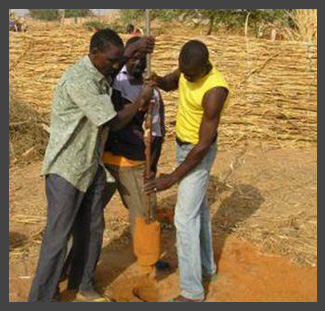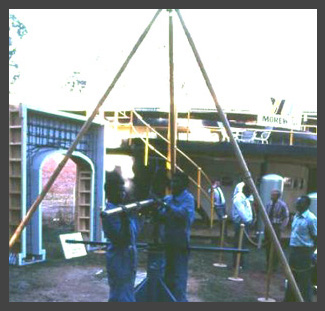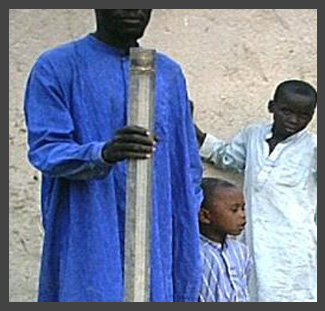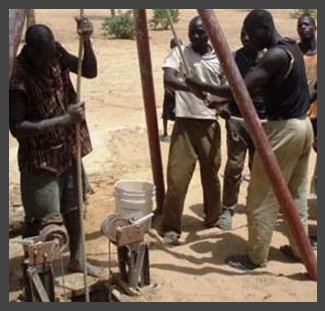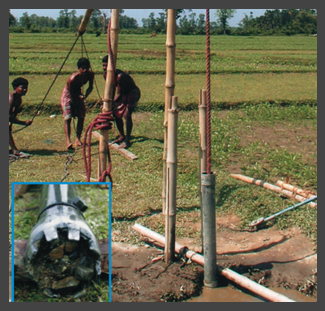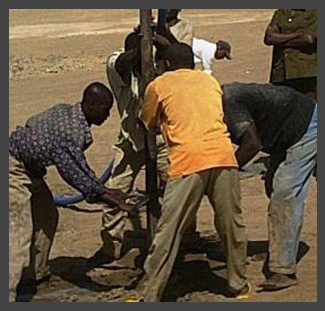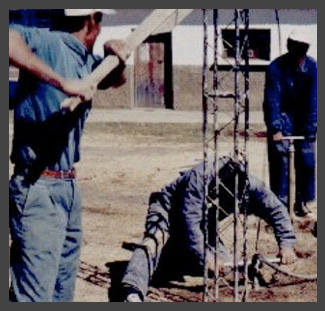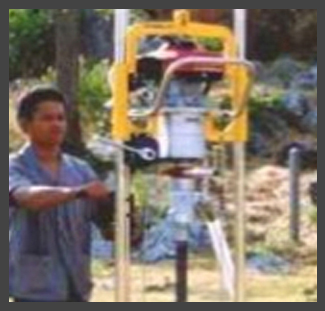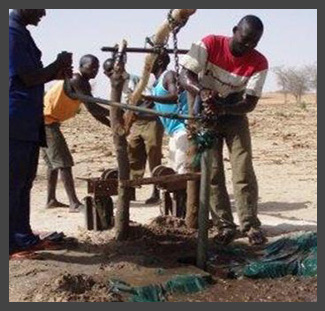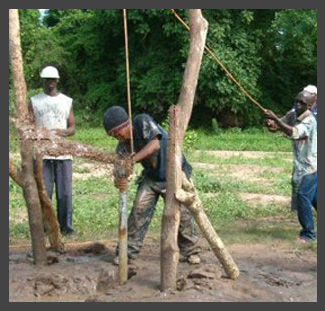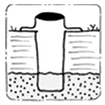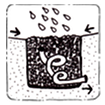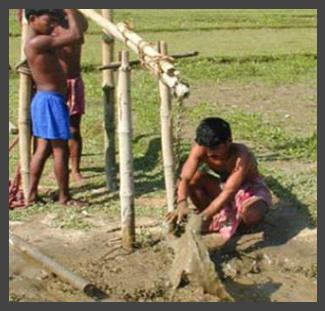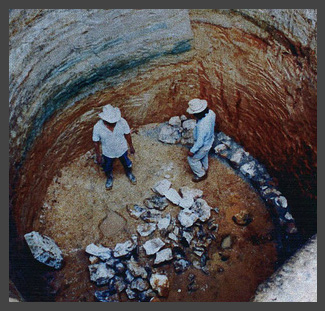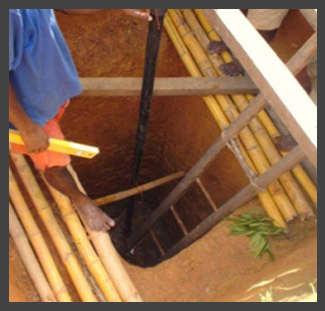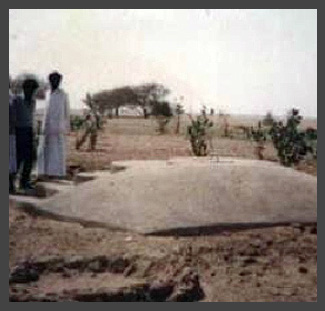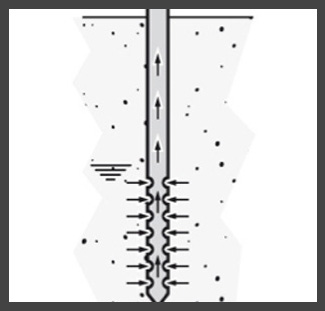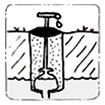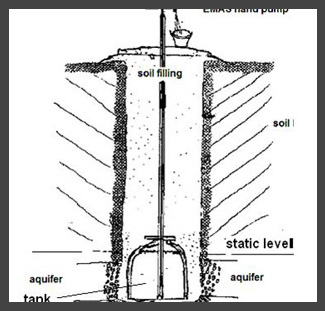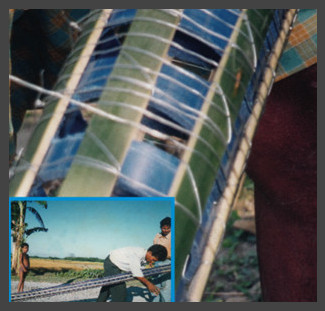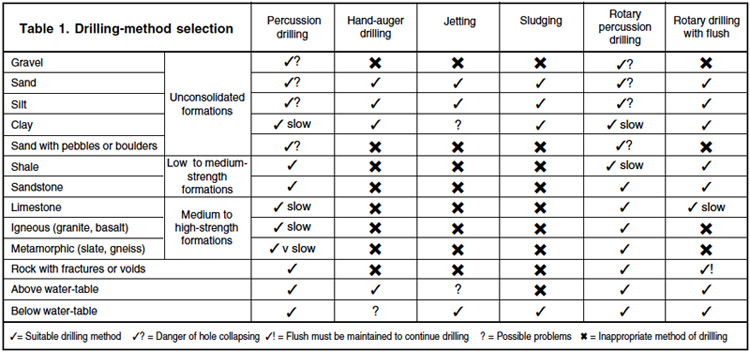Drilling or digging
Access to groundwater is not always easy, so many different types of drilling mechanisms (ranging in depth capacity and costs) are covered in this section. Africa, for example, is said to have rich amounts of groundwater, as compared with other continents. That said, machine-drilled wells are often too expensive for most of the population. Drilling ‘shallow’ wells (up to 35 meter depth) by hand, reduces the price of a well by a factor 4 to 10 compared to a machine-drilled borehole. This cost reduction enables NGOs and Governments to construct more water wells, but also ‘opens the door’ to villagers, farmers, schools and small communities to have a well constructed independently through the private sector.
Climate change considerations
With climate change events, such as drought, some areas of groundwater may be drying up, therefore deeper boreholes and wells may need to be drilled (creating greater expense). Since some aquifers will provide less water in times of drought, perched aquifers (aquifers higher than the water table) should be avoided. Coastal aquifers may get invaded by saline waters, therefore be sure to check water quality.
Field experiences
These projects may be utilizing manual digging or drilling and are part of the project listing in Really Simple Reporting (RSR) on Akvo.org.
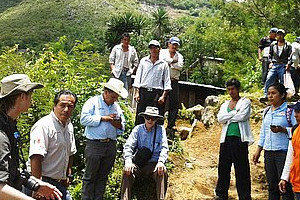 MWA-LAP: Mexico |
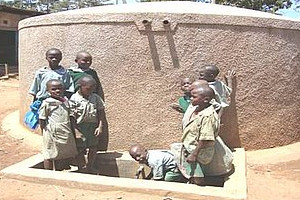 TESO North School and Community WASH Project |
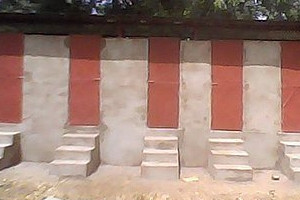 Eau Hygiène et Assainissement |
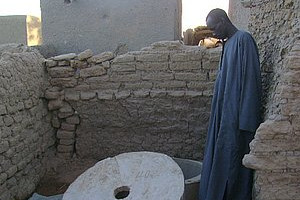 Eau, hygiène et assainissement |
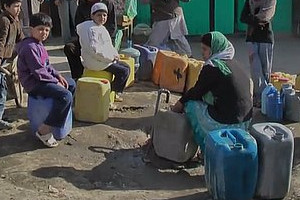 Project Water4Tomorrow | ||
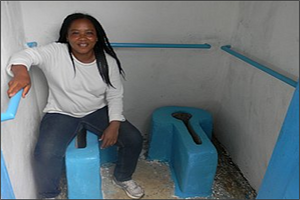 WaterAid Rural WASH Project |
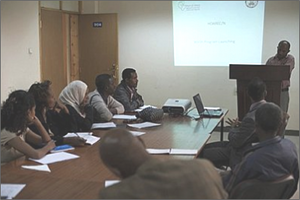 Water Sanitation and Hygiene Project |
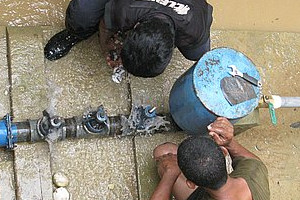 MWA-LAP: Nicaragua |
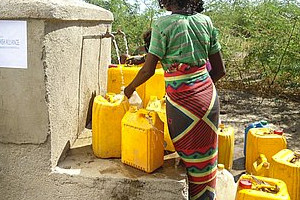 WASH Alliance project, AMREF in Ethiopia |
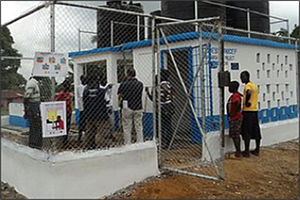 Urban WASH II in Monrovia | ||
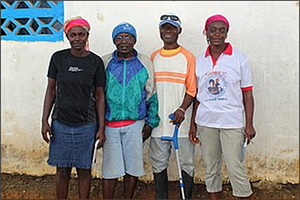 Accelerating Sanitation and Water for All 1 |
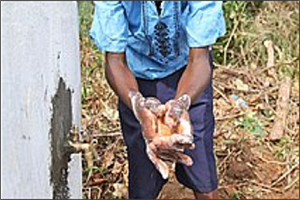 Child Friendly School WASH Project II |
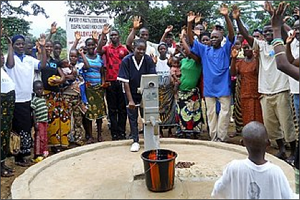 Rural Boreholes and Rehabilitation 1 |
Manual drilling comparison of methods
Manual drilling links
Manual Drilling Sector in Africa 1 |
Manual Drilling Sector in Africa 2 |
2. Building Capacity (English) |
Drilling: 4. Mapping (English) |
Drilling: 2. Drilling Techniques |
- VIDEO: Manual drilling and pump installation, Madagascar by The Water Channel.
- Human-Powered Drilling Technologies, Richard Carter, Cranfield University, 2005.
- Groundwater and climate change in Africa: The Kampala Statement. Richard Taylor, University College London (UK), IAH Commission of Groundwater & Climate Change.
